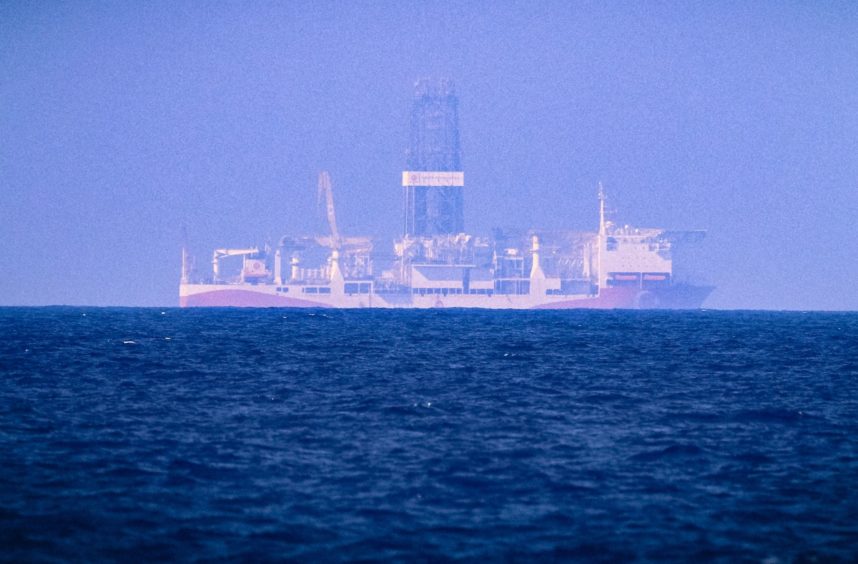
Turkey rebuffed a set of punitive measures by the European Union and vowed to go ahead with its energy exploration in the eastern Mediterranean in a growing dispute with EU member Cyprus.
EU foreign ministers on Monday agreed to freeze most high-level contacts with Turkey and cut the flow of funds to the country, while holding back for now on sanctions that could target Turkish companies involved in offshore drilling in the region. The escalation came after Turkey started to take delivery of a Russian missile-defense system despite the threat of U.S. sanctions.
Those “decisions will not impact our determination in any way to carry on with hydrocarbon activities in the eastern Mediterranean,” the Turkish Foreign Ministry said, calling it “meaningful” that the EU’s move came on the third anniversary of a failed coup attempt.
Turkey and Cyprus are at loggerheads over offshore gas reserves claimed by the Greek Cypriot administration of the island and disputed by Ankara, which doesn’t recognize its sovereignty. The island has remained divided since the Turkish military’s 1974 seizure of northern Cyprus, where it maintains tens of thousands of troops.
Turkey is aiming to keep its role as guarantor of security to safeguard Turkish Cypriots, a minority of about a fifth of the island’s population whose self-proclaimed state is only recognized by Ankara.
The prospect of further tensions around one of the world’s toughest diplomatic disputes is putting pressure on Turkey’s weakened economy just as its longtime alliance with the U.S. is also coming under dangerous strain.
Turkey is irked by Washington’s refusal to extradite a U.S.-based cleric blamed for orchestrating the coup attempt in 2016. Another flashpoint is America’s arming of Kurdish militants in Syria, a group Turkey considers a threat to its security.
The EU’s foreign policy chiefs in Brussels called for suspending negotiations on an aviation agreement with Ankara, halting scheduled ministerial meetings, reducing financial aid and calling on the European Investment Bank to review sovereign-backed lending to Turkey. Turkey said the lack of recognition of the rights of Turkish Cypriots showed how the EU is acting over Cyprus with “prejudice and bias.”
Turkey said its energy research in the region is aimed at protecting its continental shelf and the “equal rights” of Turkish Cypriots over hydrocarbon resources. It also accused Greece and Cyprus of exploiting their membership in the bloc to serve their interests and criticizing EU countries of pursuing “their maximalist policies.”
Turkey, which recently dispatched a second drilling ship off Cyprus, said a July 13 proposal by the breakaway Turkish Cypriot state for cooperation and an equal sharing of the energy resources should be seen as an “important opportunity” for a solution.
Cyprus President Nicos Anastasiades and the leaders of the country’s political parties rejected the proposal at a special meeting on Tuesday saying they don’t address the issue of the Cyprus problem and the need for talks to begin for a viable solution for Cypriot reunification.
“Instead of encouraging the sides to come together and seize this opportunity, the EU’s decisions to act against Turkey are ineffective, detached from reality and not constructive,” the Foreign Ministry said. “As in the past, our country will decisively protect its and Turkish Cypriots’ rights and increase its activities in this regard.”